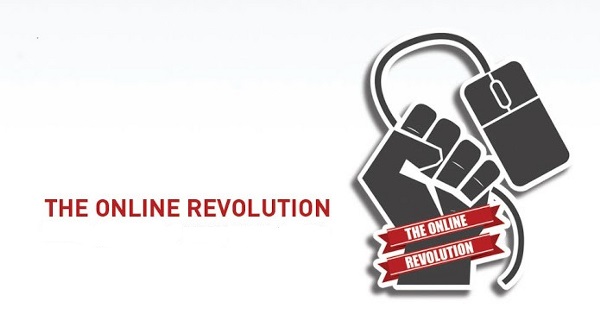Approximately 60% of world’s population has never experienced internet. This translates to 4.3 billion souls on Earth that have never progressed beyond yellow pages, dial phones, radio and television with no idea what Google and Facebook are. The sheer idea that on a single touch a person can access over 1 billion websites loaded with information, accessible instantly, is impossible for them.
Recently Mark Zuckerberg took up the challenge to bring internet to unconnected people, internet.org, with the view to connect people from across the globe that have so far remained isolated from technology.
The downside of this is that it is just half the work.
While increasing the ‘supply side’ of the internet to the people is commendable, anyone who has tried to teach the use of Google to elderly parents and grandparents would know how frustrating it is make it understandable for them. Those who have survived the age of radio, black and white television, dial phones and yellow pages find the digital world foreign, alien and completely unwelcoming.
The simple act of touching the Google search bar to bring up QWERTY keyboard is a challenge itself. While a simple feature adopted rapidly by early technology adopters, it is unfriendly to even those who have used T9 keyboard of featured phones, making it even tougher for those with no previous experience of digital technologies.
This is the challenge taken up by Lahore based company Club Internet that is focusing on the ‘demand side’ of the connecting people … creating awareness and making it easier for first time users to access internet on touch based devices.
Club Internet has developed its own internet browser, a friendly app that can guide the new comers into the digital world. Its first version has has been pre-installed on 25,000 devices and distributed through a local telecom company. The browser helps in signing up for basic internet services, use social media, instant messaging and search for information using Google.
Led by Hassan Baig, the team has conducted various experiments to understand the difficulties of new comers and has clearly found that there is no “plug-and-play” solution to this challenge. With a population of 180 million, Pakistan is one of the largest test grounds a team can find and Hassan and his team is part of this population. This means that Pakistan is leading the ‘demand end’ of internet access and, once successful, will revolutionize the internet access by those who have never been connected to internet before.
Is Pakistan really a the right place to lead this revolution? Have you ever tried to teach an elderly to use a smart phone? Tell us in the comments below.

